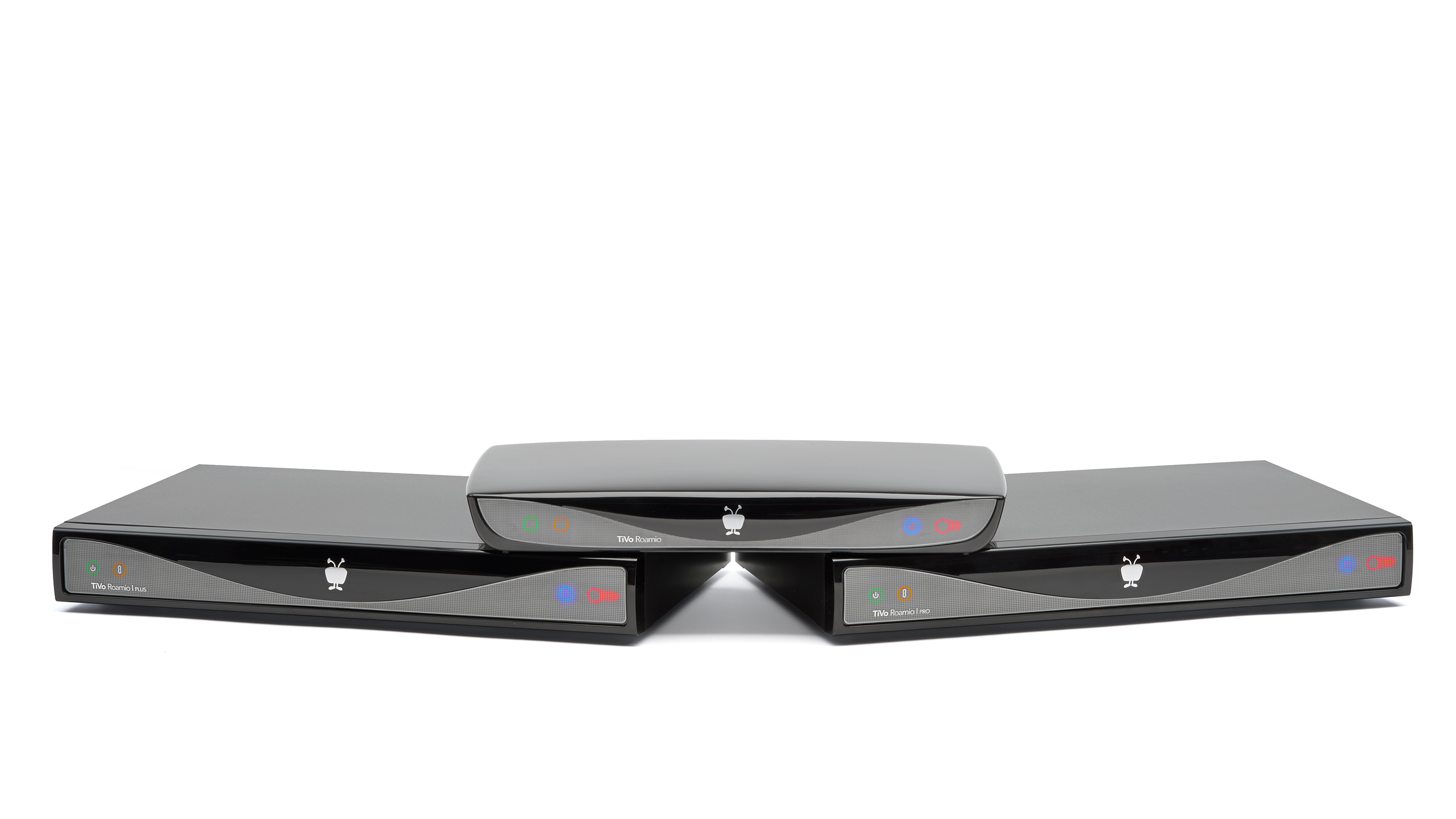FCC takes the first step in radically changing the set-top box biz
#unlockthebox wins

Sign up for breaking news, reviews, opinion, top tech deals, and more.
You are now subscribed
Your newsletter sign-up was successful
The Federal Communications Commission (FCC) has passed the #unlockthebox proposal, taking the first major step in freeing set-top boxes from the grip of cable and satellite providers.
"The set-top box - and app - markets need more competition," read part of a tweet from the FCC announcing the passage.
The partisan 3-2 vote approves a plan that would allow customers to turn to third-party set-top boxes rather than being forced to rent one from their cable provider, a $20 billion-a-year business. Customers would also be allowed to hook up devices they already own, like the Roku 3 or PS4, instead.
Additionally, cable providers would have to work with third-party set-top box makers to develop a new standard that everyone could use, so that set-top boxes like TiVo would work just as one leased to you by Comcast.
Not only does it allow for greater competition, but the proposed plan would result in lower cable bills for customers who wouldn't need to rent a box from their cable provider. According to FCC Chairman Tom Wheeler, the price of set-top boxes has gone up 185% since 1994, while the costs of computers, phones and TVs has dropped 90%.
What's more, the thinking is that wresting control away from cable companies would allow for new types of boxes and apps that make it easier for customers to hook up to internet-based services, like Netflix and Hulu.
Cable companies have opposed the #unlockthebox movement from the start. Comcast SVP David Cohen penned a blog post shortly after the proposal passed criticizing the decision. Cohen and other critics have said the FCC should be looking at "market-driven" app-based solutions and not set-top boxes, which some say are quickly becoming antiquated technology.
Sign up for breaking news, reviews, opinion, top tech deals, and more.
The proposal now goes to a comment period, during which citizens and businesses can weigh in on the proposed changes. After that, the proposal will be revised and put up for another vote, which won't happen for another several months.

Michelle was previously a news editor at TechRadar, leading consumer tech news and reviews. Michelle is now a Content Strategist at Facebook. A versatile, highly effective content writer and skilled editor with a keen eye for detail, Michelle is a collaborative problem solver and covered everything from smartwatches and microprocessors to VR and self-driving cars.